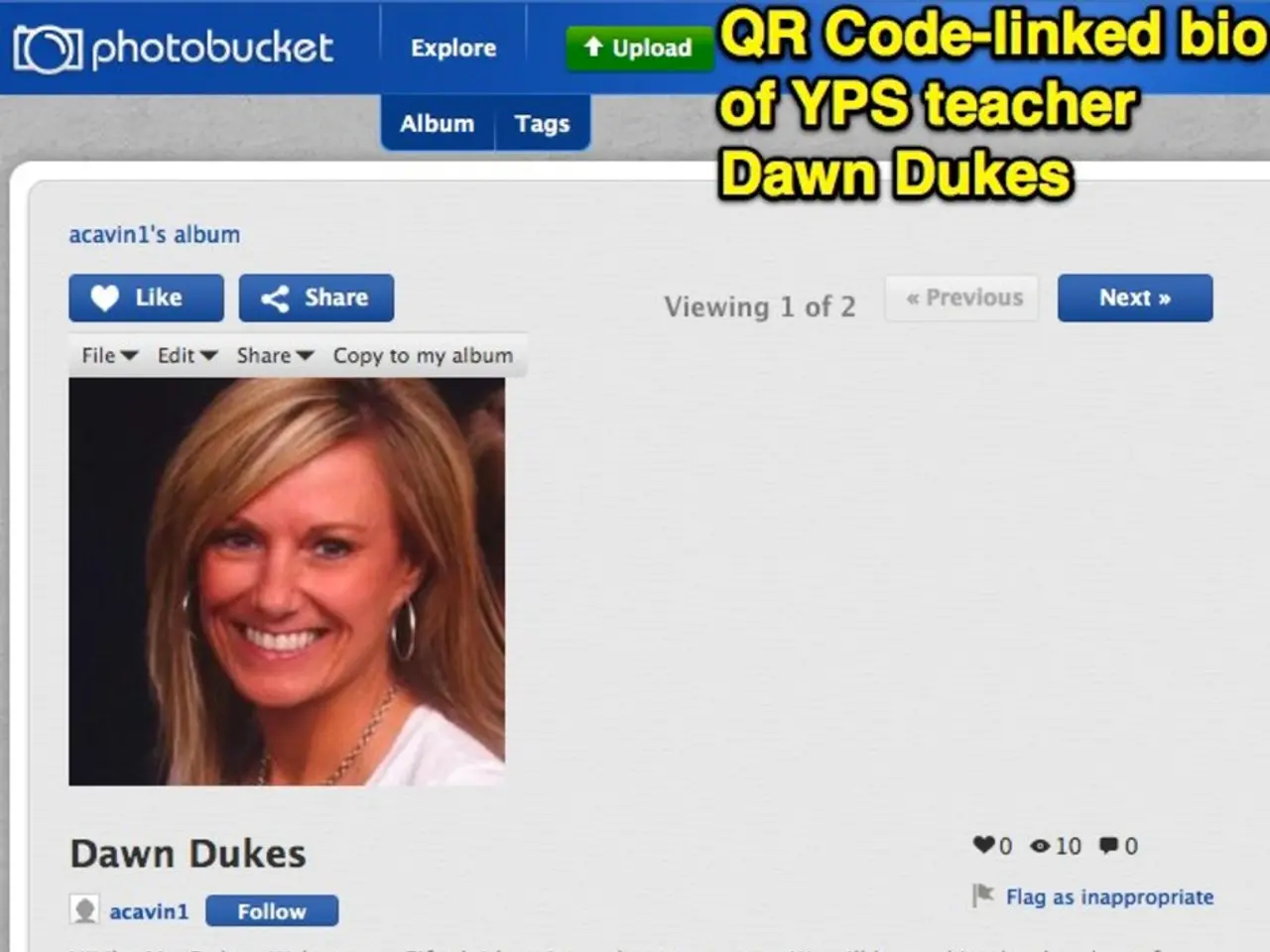Is there a potential connection between social media usage and feelings of sadness or depression?
Depression, often referred to as major depressive disorder or clinical depression, is a mood disorder that can significantly affect an individual's daily life. Symptoms include feelings of hopelessness or pessimism, reduced interest in hobbies, impaired concentration, and sleep issues, among others [1].
A growing body of research suggests that excessive social media use may contribute to the development and worsening of depression. Studies consistently show that higher social media use correlates with greater depressive symptoms [3][5]. One study tracked adolescents over time and found that increased time on social media predicted elevated depressive symptoms a year later, even after accounting for factors like socioeconomic status and family environment [5].
Passive use of social media, such as scrolling through distressing content, can exacerbate feelings of depression by triggering vicarious traumatization and fear of missing out (FoMO), which undermine emotional regulation and self-efficacy [1][3][5].
Anxiety and Social Media
Social media can also heighten anxiety levels by fostering social comparison, peer pressure, and concerns about presenting a perfect online self. These pressures create stress and feelings of inadequacy. Anxiety is also fueled by cyberbullying, online harassment, and FoMO, which lead to social exclusion fears and distress [1][2][4][5].
Sleep Disturbances
Excessive use of social media, especially late at night, disrupts sleep quality and duration due to factors like blue light exposure and mental stimulation. Poor sleep contributes to mood instability, cognitive difficulties, and worsened mental health symptoms. Many adolescents stay up past midnight engaging with social media, causing daytime tiredness and affecting academic and emotional functioning [2].
Addressing the Issue
Recent research has found that taking a social media break, or abstaining from social media use for a set time, can lead to significant improvements in depression, anxiety, and well-being [2]. Setting limits on social media use can be achieved by using a timer or app, removing time-consuming apps from devices, and using an app or browser extension to block distracting websites. Restricting use may involve completing important tasks before using social media and avoiding use at certain times of the day [4].
It's important to maintain privacy on social media platforms by avoiding sharing personal information, making your location known, and adding strangers as contacts. Adjusting privacy settings as needed can also help protect personal information [6].
If you or someone you know is experiencing low mood and symptoms of depression for more than two weeks, it's crucial to consult a doctor.
Conclusion
Excessive or unregulated social media use can trigger or worsen depression, anxiety, and sleep problems through mechanisms including social comparison, cyberbullying, FoMO, passive exposure to distressing content, and sleep disruption [1][2][3][4][5]. Additional risks of social media include cyberbullying, social pressure and comparison, addictive patterns, fewer in-person interactions, and the contagion effect of suicide.
[1] Twenge, J. M., et al. (2017). Social media use and depression: A meta-analytic and theoretical review of the extant literature. Clinical Psychology Review, 61, 466-478.
[2] Przybylski, A. K., et al. (2017). The association between digital technologies and well-being among adolescents: A systematic review of the empirical literature. Clinical Psychology Review, 61, 425-436.
[3] O'Keeffe, M. C., et al. (2018). Social media and mental health: A systematic review of the evidence. Journal of Behavioral Addictions, 7(1), 1-12.
[4] Ybarra, O., & Mitchell, K. J. (2011). Social media and youth: Opportunities, pitfalls, and the future. Journal of Adolescence, 34(5), 723-732.
[5] Ungar, L. H., & Liu, Y. (2016). Social media and adolescent health: A systematic review of the evidence. Pediatrics, 137(6), e20152793.
[6] American Psychological Association. (2021). Protecting your privacy on social media. Retrieved from https://www.apa.org/topics/social-media/privacy
Social media use, particularly excessive use, can exacerbate symptoms of anxiety by fostering social comparison and peer pressure, potentially leading to feelings of inadequacy and increased stress levels [1][2][4][5]. Depression and anxiety are mental health issues, and social media may contribute to their development or worsening, as research suggests [1][2][3][4][5]. Addressing these issues might involve taking a break from social media, setting limits on use, and focusing on health-and-wellness activities, such as sleep, instead [2]. If you or someone you know experiences symptoms of depression for more than two weeks, it's important to seek help from a mental-health professional [6].




